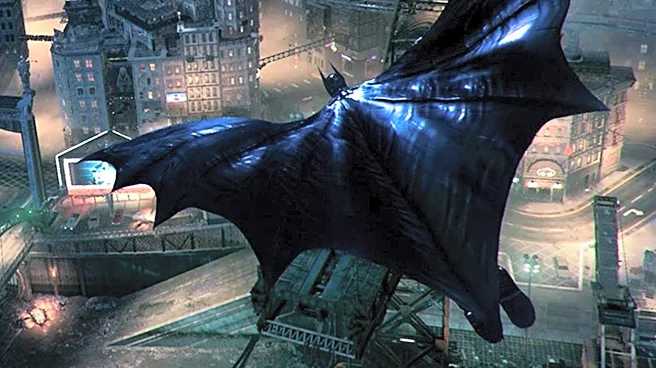What's Happening?
A study has discovered that rats in urban areas are attacking bats, potentially increasing the risk of virus transmission to humans. Researchers filming bats to study their communication observed rats attacking bats, a behavior that could serve as a bridge
for viruses like coronaviruses to spread from bats to humans. The study highlights the impact of urbanization on wildlife interactions and the potential consequences for public health.
Why It's Important?
The findings raise concerns about the role of urban-dwelling rats as potential vectors for virus transmission from bats to humans. As cities expand, the interaction between wildlife and invasive species like rats could increase, posing a threat to both bat populations and human health. The study underscores the need for effective wildlife management strategies to mitigate these risks and protect ecosystems.
What's Next?
Researchers plan to collaborate with environmental agencies to develop methods for reducing rat populations around bat habitats. This initiative aims to prevent further disruption to bat populations and reduce the risk of virus transmission. The study may prompt further research into wildlife interactions in urban areas and the development of policies to safeguard public health.
















